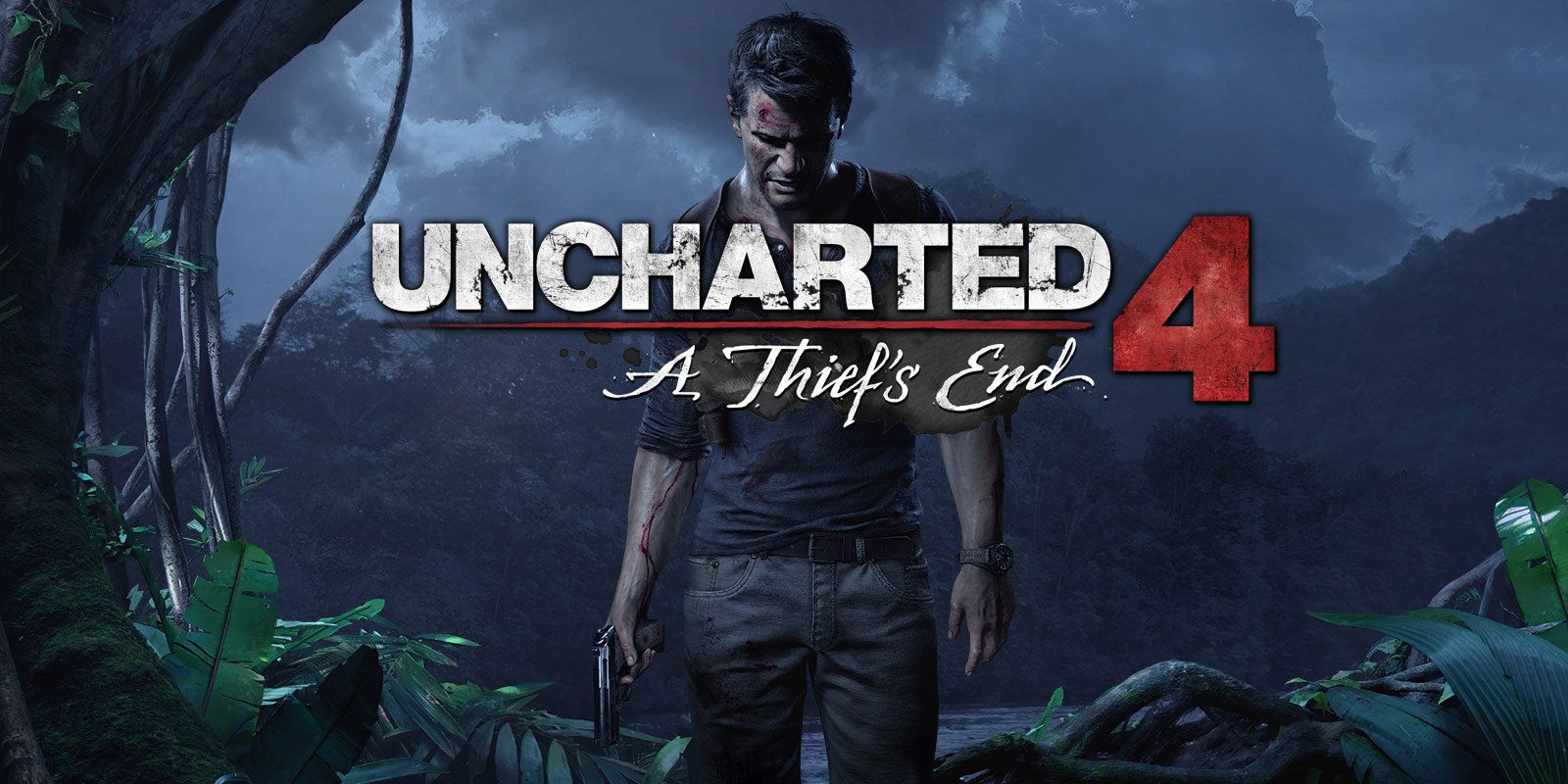Uncharted 4: A Thief's End is certainly one of the biggest technical achievements of this year, but Naughty Dog isn't yet done showing off its technology. At the Game Developers Conference in San Francisco, they will host four different sessions focused on different areas of their approach to the game.
Authored vs. Systemic: Finding a Balance for Combat AI in 'Uncharted 4'
Matthew Gallant | Game Designer, Naughty Dog
While combat in the 'Uncharted' series has historically been tightly authored by the design team, Naughty Dog knew early in development that 'Uncharted 4' was going to be different. The open-ended gameplay and large complex environments led them to explore a more systems-driven approach to artificial intelligence. After over-steering in that direction, they ultimately found a balance between authored content and systemic behaviors. This talk explores the development process of 'Uncharted 4', and the lessons they learned about partitioning control of the AI between design and engineering.
Takeaway
Attendees will learn to evaluate which aspects of combat AI should be authored by designers and which parts are better handled with systems-driven logic. This includes specific methods for assigning roles in combat situations, particularly when larger number of NPCs or complex level geometry are involved.
Physics Animation in 'Uncharted 4: A Thief's End'
Michal Mach | Technical Animator, Naughty Dog, Inc.
For 'Uncharted 4', Naughty Dog, Inc. chose to take a risky step and experiment with adding a layer of physics simulation on top of their gameplay animation for added fluidity and momentum, with hopes that they could also save some production time by creating less assets and letting the physics do the awesome.
Initial results were pretty terrible because of the physics' tricky nature and physically absolutely unrealistic gameplay animation. Players tend to prefer responsiveness over reality, after all. But one day, their physics programmer found a way to drive the physics objects with animation more predictably, with minimal distortions and almost absolute artistic control.
Takeaway
The audience will learn about Naughty Dog's new method of driving physics objects with animation. Many examples will be shown with detailed explanation of each setup, problems they encountered and solutions to those problems.
The Science of Off-Roading: 'Uncharted 4's' 4x4
Edward Pereira | Programmer, Naughty Dog
Creating a vehicle for a AAA adventure title like 'Uncharted' requires an enormous amount of iteration on several aspects of the vehicle in order to make it fun and easy to use for as wide an audience as possible. This session will break down individual physical elements of Uncharted 4's 4x4, such as tire collision response and the motor simulation, and explain how Naughty Dog's team tuned it to handle the rugged terrain of Madagascar. Furthermore, the talk will explain how they added an AI element to the 4x4 in order to allow designers to direct the vehicle around the same spaces the player can drive around.
Takeaway
Attendees will be given a description of the gritty details of the 4x4's physical simulation. They will learn about the process of creating a realistic vehicle that meets requirements set by level design and then learn what things can be tuned to make driving it fun.
Realistic Performances in Games
Ryan M. James | Lead Editor, Naughty Dog
There's a perceived stigma about the narrative experience in the video games industry: that the average game has (at best) a thin story with cardboard cutout characters. But many companies have worked tirelessly to write relatable characters, capture them though subtle performances with their actors, and translate them into their games. At Naughty Dog, the praise and awards they've received are due to not only the methods they have for writing and recording those performances, but also the ways they seamlessly implement them, and later reconform them as the game evolves. Each developer has their own way of doing this, and in this session, Naughty Dog's lead editor will share some of the methods that they employ.
Takeaway
In making games, one can easily get lost in technical challenges, overshadowing the need to push boundaries with a strong narrative drive or nuanced character emotions. But if game developers employed some of the techniques discussed in this session, or invented others to achieve similar results, the industry could collectively evolve its art form across the board.
On top of that, Lead Technical Artist Andrew Maximov will also co-host the Art Direction Bootcamp together with Volition Game's Art Director Keith Self-Ballard.
At the moment the panels don’t have a specific time scheduked, but GDC will open on February 27th and close on March 3rd, 2017. Of course you'll find full coverage here on DualShockers.

